When it comes to monitoring health, blood tests play a vital role in providing insights into your body’s functioning. Traditionally, these tests compare your results to established “normal ranges” for your sex and age group. While falling within the normal range is generally considered good, a new frontier in healthcare goes beyond normalcy – the concept of “optimal labs.” Properly understood, this term refers to a blood test that indicates, by all measures, that you are in excellent health and that hormone levels are at their peak rather than just being within the average range for someone of your sex, age, and condition.
Understanding “Normal”
Blood tests are one of the standard health metrics that every doctor relies upon. Thanks to advances in medical technology and years of research, observation, and data compilation, your blood provides a remarkable amount of information about your health.
When your blood is drawn, the samples are put through a series of analyses, depending upon what “panels” your doctor has ordered. The measurements of various markers in your blood provide a “snapshot” of your health. Because every person is different and the state of your health can change dramatically over time, when doctors review your lab results, they are not picking the report apart in detail. Instead, they are looking for abnormalities – indicators that something is wrong. For example, a blood test may indicate the likelihood that you have heart disease, diabetes, or even cancer.
But doctors are not looking at those results in terms of your ideal physical condition. Instead, they are looking at the numbers in relation to the population as a whole: are this patient’s numbers abnormal with respect to the demographic that he or she falls into? In other words, the doctor is primarily looking for “red flags” that your numbers are not “normal.” And “normal” is based upon a statistical range of values within which most individuals of a specific sex and age group fall. But these ranges encompass a broad spectrum of people with all health conditions. By definition, the “normal” range includes individuals who may not be optimally healthy, representing merely average or typical values.
While it can be comforting to know that your labs reveal that you are “normal” and that there is no serious health concern that you need to worry about, it is not the same thing as telling you: “You are in great shape and top condition!”
Striving for Optimal
For some people, “normal” is not a goal. Regarding your health, it is not enough to know that you fall within the range of people who share your demographic. You want to know: how am I doing compared to people at their peak? How do I reach my peak? That is where the concept of “optimal labs” comes in.
Optimal labs focus on using blood tests to measure how well you are doing in terms of achieving peak health and well-being. They consider the range of values associated with individuals who exhibit exceptional health rather than simply conforming to the average. Optimal labs aim to identify biomarkers and hormone levels that indicate optimal well-being and functioning.
The benefits of optimal labs go far beyond a meaningless competition for achieving specific numbers. When you understand what certain indicators mean, you can take steps to detect and address health issues early and address deficiencies. For example, if you are low in certain minerals and vitamins, you can do something about them before they fall outside the “normal range,” potentially heading off future health problems manifested by troubling symptoms.
But health is not just a numbers issue. Good health is indicated by how you feel and perform.
When you actively manage your health, you can use lab results to measure your progress over time and gauge what those numbers mean in terms of how you feel. Just as a runner tries to improve personal times, your goal is to improve your health, regardless of what happens with the rest of the population. You can tailor your diet, lifestyle, and exercise regimen to achieve your personal goals, with a thorough understanding of your particular challenges, given your genetics and physical capabilities.
Hormonal Optimization
One of the most critical indicators that blood tests reveal is hormonal levels. The endocrine system is responsible for producing and releasing hormones, and your hormones control a vast array of bodily functions: growth, reproduction, metabolism, weight, muscle mass, and so on. In addition, hormonal levels affect your mood, appetite, sex drive, mental clarity, sleep quality, and response to external stimuli. In other words, hormones have a considerable impact on your physical health and quality of life.
At REVV Health, we help people achieve optimal hormonal levels to achieve peak performance. Our experience shows that hormonal optimization allows our clients to operate at their best, experiencing increased energy levels, improved cognitive function, better mood stability, enhanced sleep patterns, and heightened physical performance.
Achieving optimal levels can also contribute to preserving youthfulness and increasing longevity. Conscientiously monitoring optimization levels enables you to take proactive steps to prevent health problems from arising. You can improve skin health, increase muscle mass, and enhance immune function. Because optimal levels keep you active and energized, you can stave off many of the health problems associated with the decreased activity and diminished function that often comes with aging.
REVV Health uses a holistic approach. Good health is more than avoiding disease; it can require lifestyle changes in exercise, stress management, and diet. We identify and provide natural compounds that can enhance your hormonal levels and use regular blood tests to help you monitor your progress. By tracking your biomarkers and hormone levels over time, together, we can assess your progress, identify areas for improvement, and ensure that you stay on the path to peak health.
Take charge of your health and strive for vitality and longevity. Contact REVV Health today.


